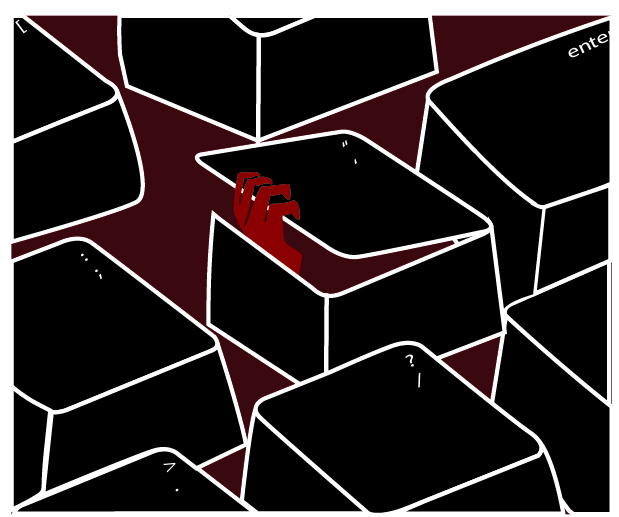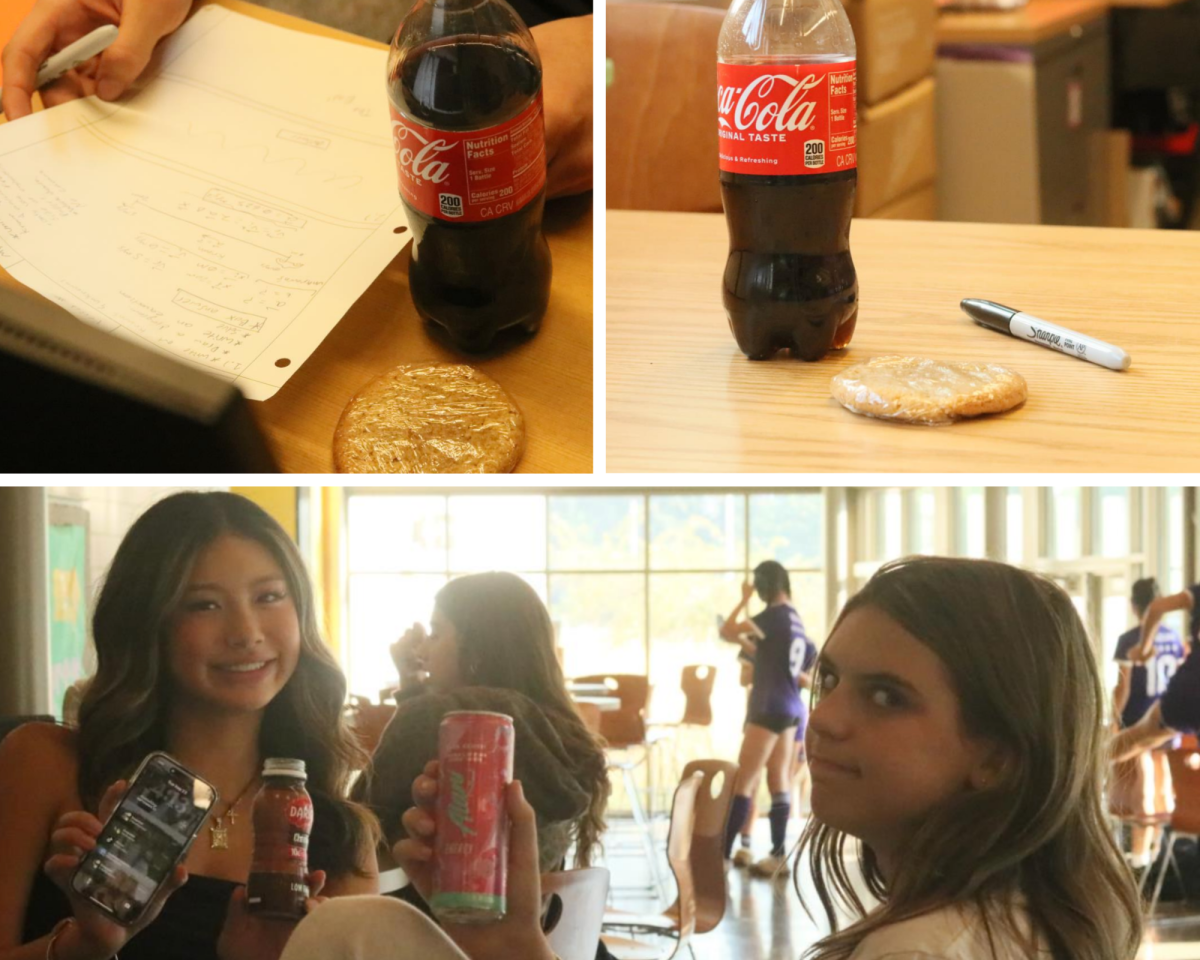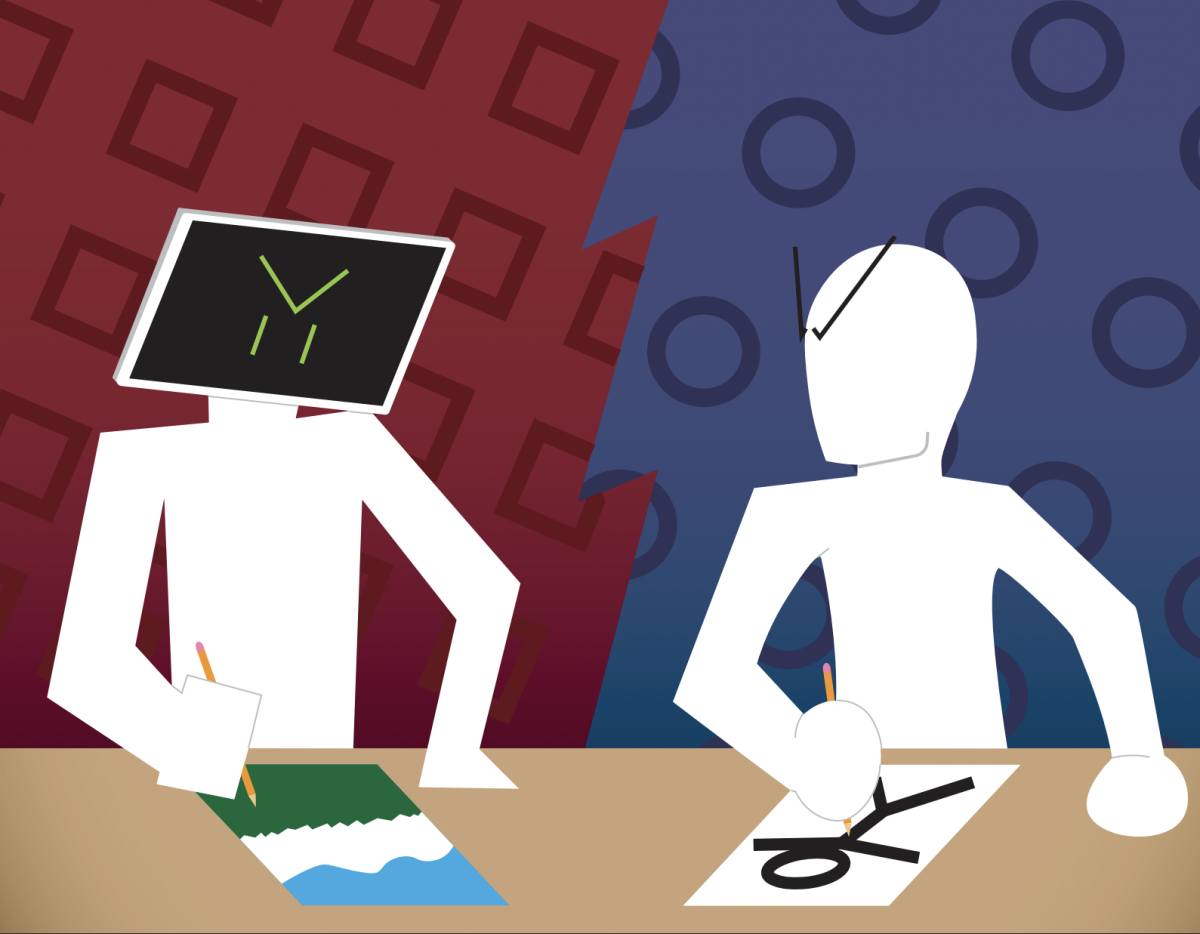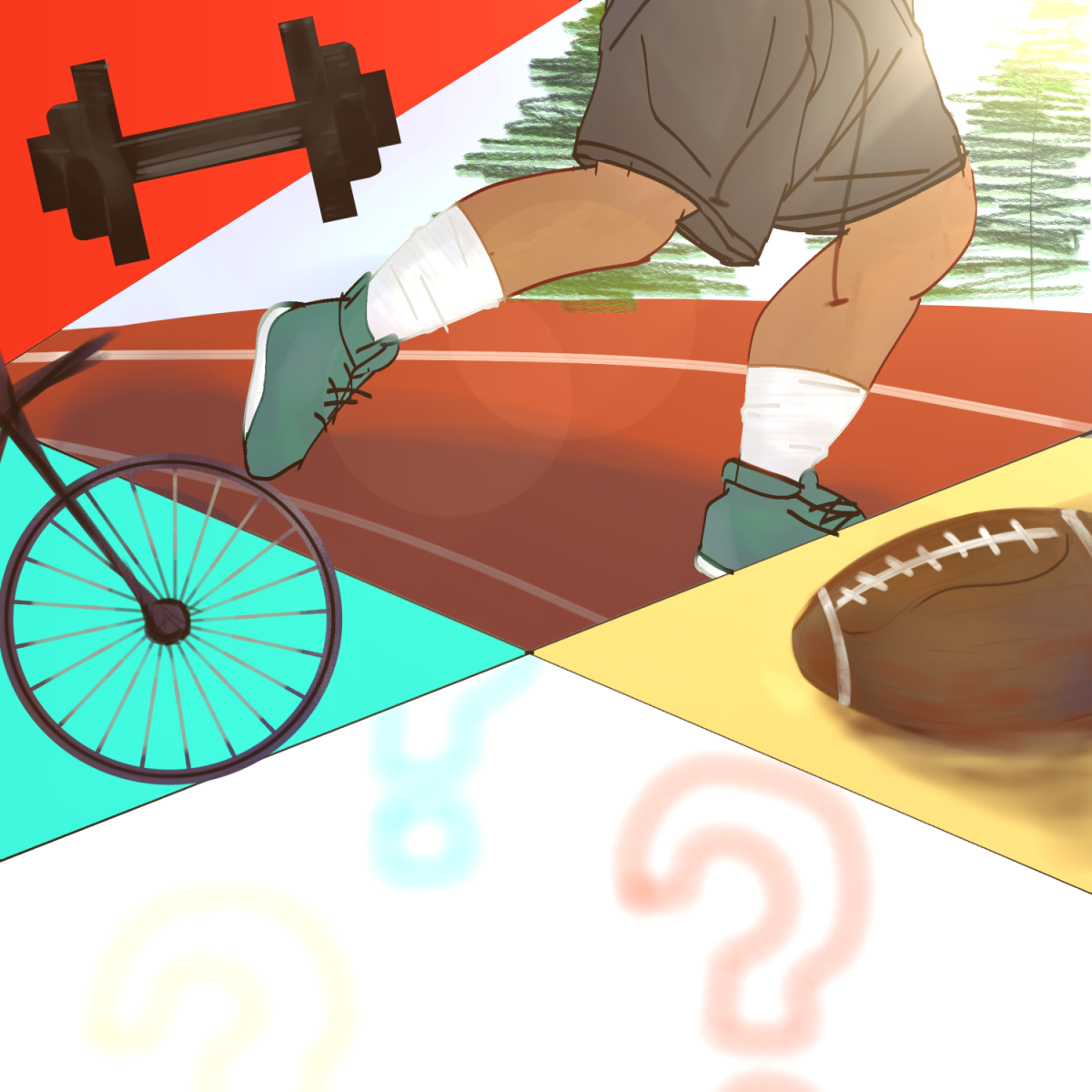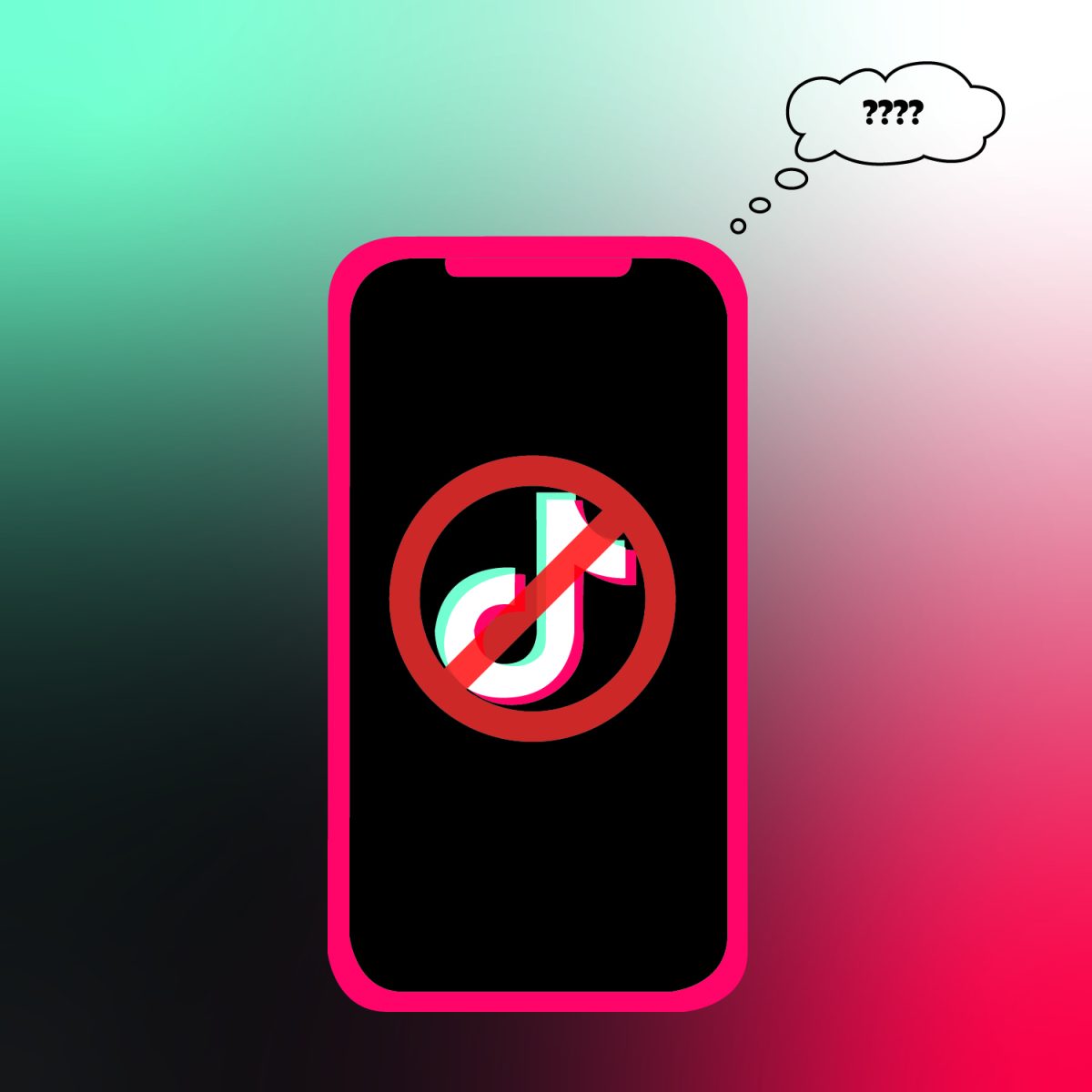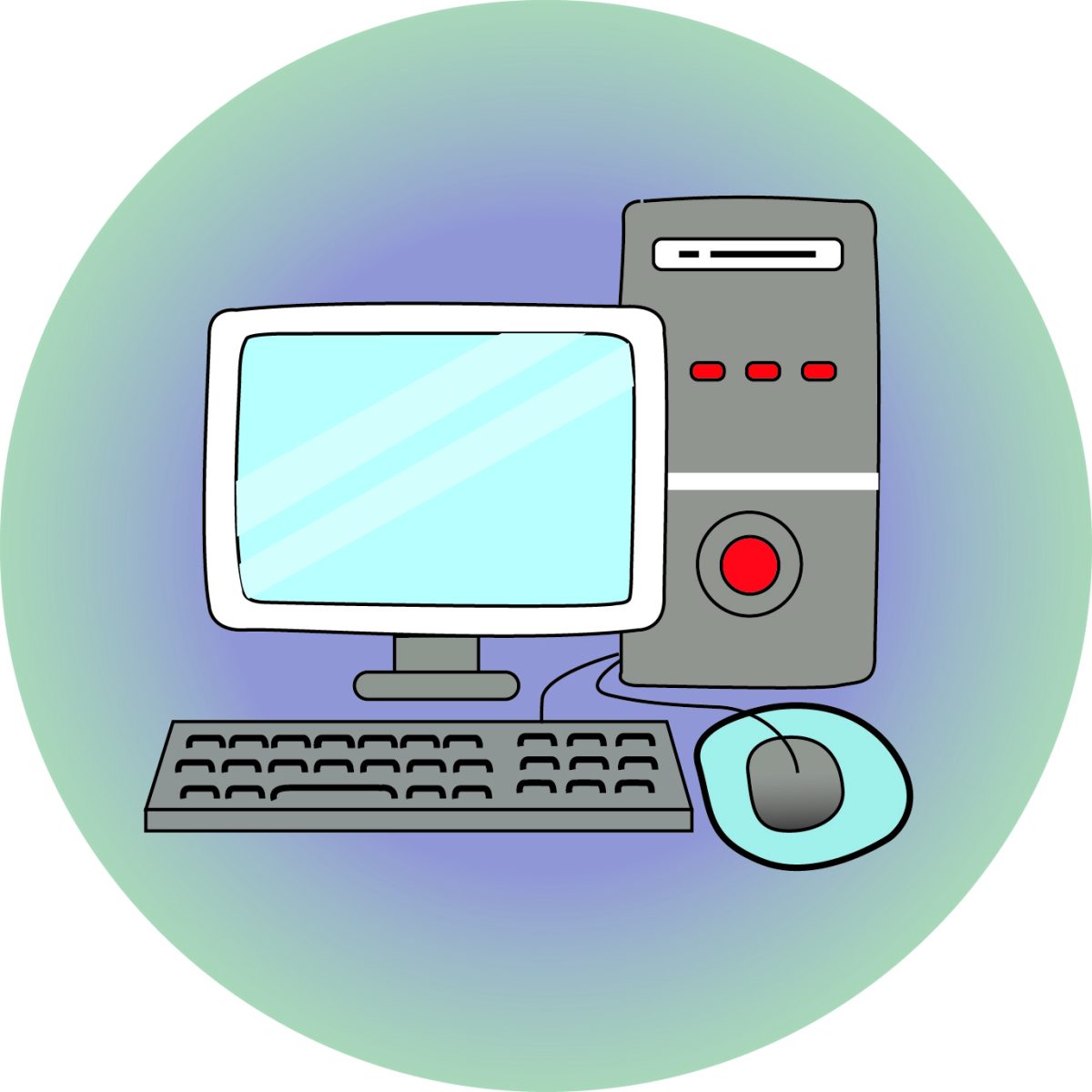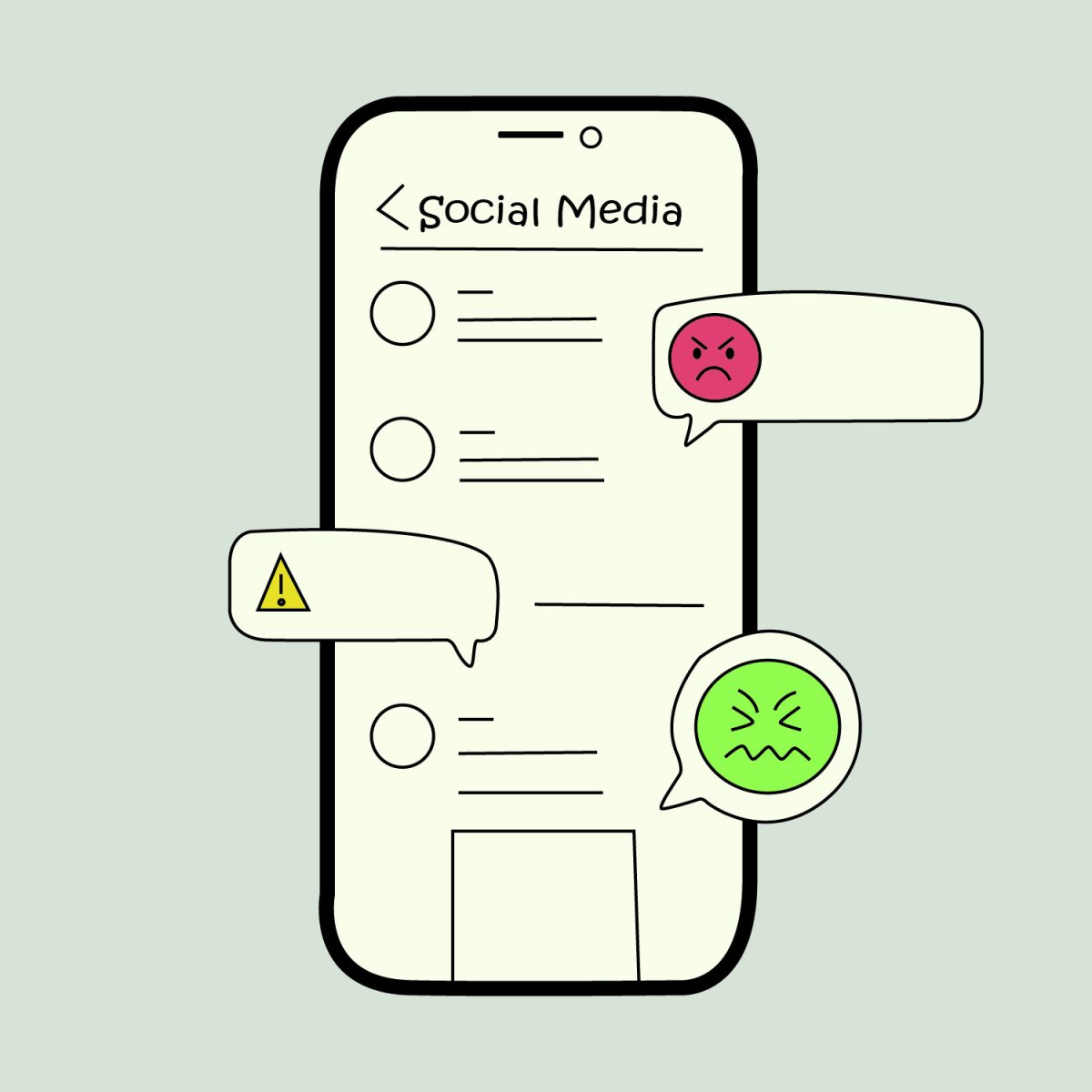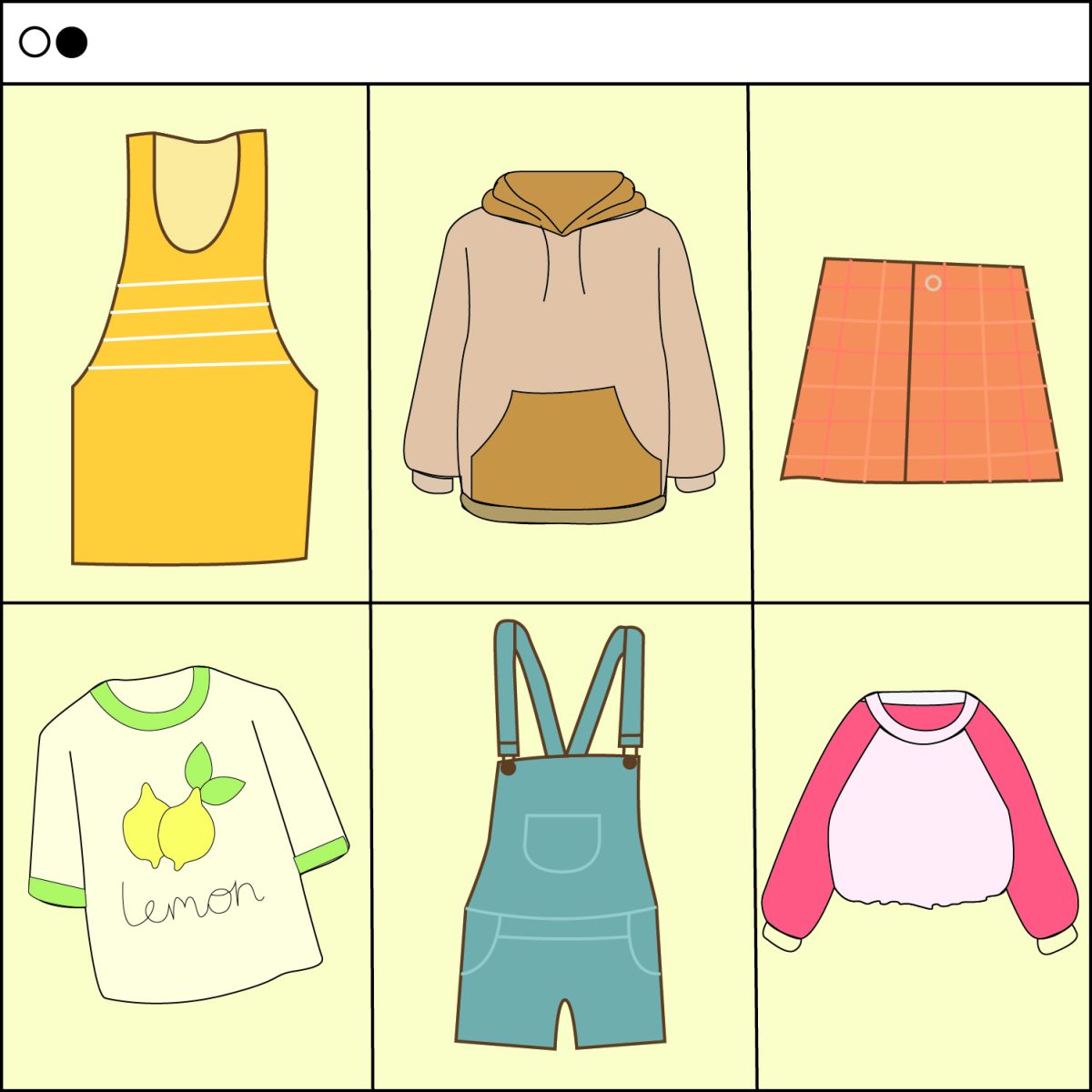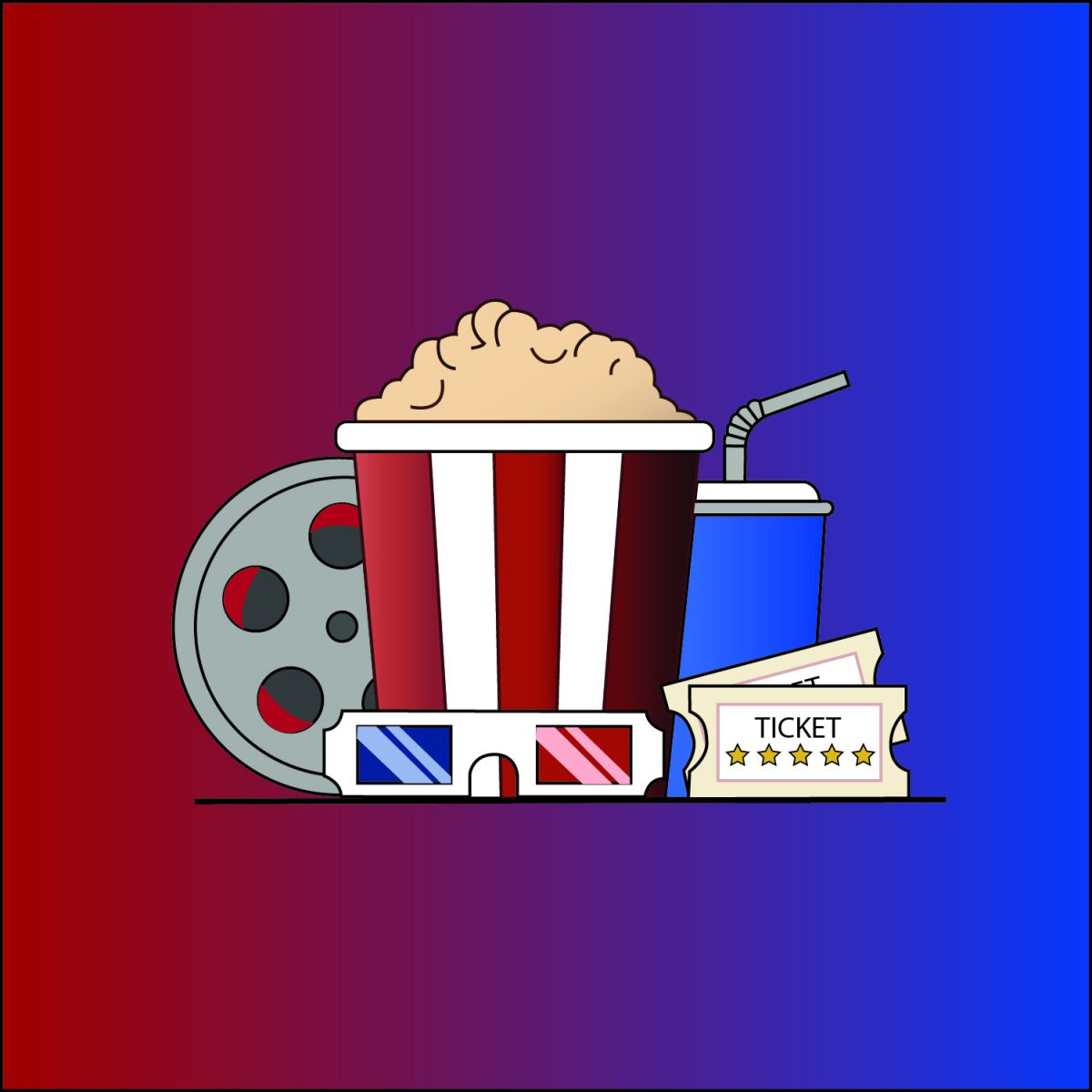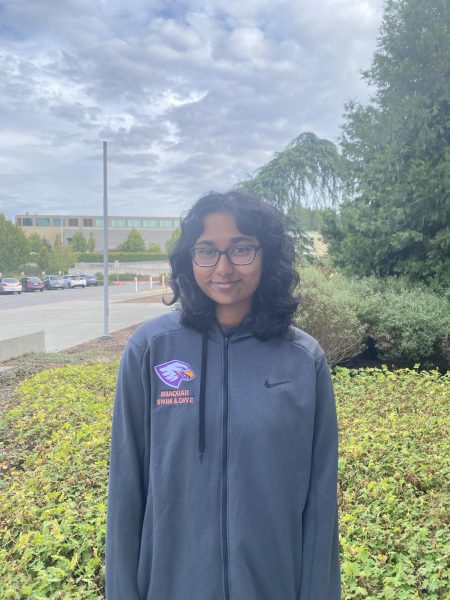Hollywood. Associated with glam, movies, and celebrities, it has been a symbol of film and cinema. As Britannica notes, becoming the center of the film industry by 1915, Hollywood films have continued to dominate into the modern day. And behind the magic of any cinema, is the writers, who both construct and breathe life into the story behind the film. Yet due to a mix of poor working conditions and the rise of AI, Hollywood writers have gone on strike, joining with actors to reach a more suitable set of conditions. The strike is nearly over, with writers reaching a tentative settlement.
As senior Riva Naidu states, “Good writing has vulnerability and a storytelling aspect that can resonate with a wide variety of people. In films, this means crafting ideas that can be brought to life through emotion, humor, and relatability.” Ultimately, it comes down to connection – can a writer structure a piece that will truly pull people in? Sophomore Anay Dhamankar states, “My favorite movie is Pele, which is about soccer.” As a sports fan, Dhamankar was pulled in by the athletic and personal journeys of the characters. Junior Ellie Sun talks about her ideal movie, stating, “I think simple stories with hidden complex meanings make up a great movie.” Writing can make a movie, but it can also break it, with Naidu saying, “My least favorite movie is Frozen 2, because I felt that the plot was difficult to follow and it did not have the same spark and impact as the first Frozen movie.” Writing in movies can influence connection with individuals through a variety of methods, whether it is character development, dialogue, or simply through creating a followable plot.
The role of writers is crucial, yet in an industry that is so creative and passion-driven, how can individuals have any work-life balance? Naidu talks about her experience writing as a student, stating, “It’s hard to be consistent with writing and have constant inspiration. So, for me, it is hard to write things at a consistent speed.” For students, this usually means doing the bulk of the work for a month-long essay in a few days, then perhaps revising over the additional period. With shorter deadlines, however, this process may look different for professionals in the writing industry, who are carried by their passion. However, this passion may be a double-edged sword, pushing writers’ performance, but also opening the artists up to exploitation.
According to LinkedIn, “The subjective nature of creative work and the prevalence of freelance or contract-based employment arrangements often leave workers vulnerable to unscrupulous employers.” This is expanded on in an article by the Conversation, which states, “Starting in the 2010s, streaming platforms began hiring more and more writers. To lure customers, platforms needed quality content – otherwise, viewers wouldn’t continue paying [the monthly cost] of a subscription. Platforms couldn’t market their content like network sitcoms, so they had to constantly develop new ideas for shows. Large stables of creative writers ended up forming the core of studio strategy. Yet, as TV writers flocked to Los Angeles and New York City, entertainment companies took a page from the gig economy playbook in ways that worked against writers’ livelihoods. The contracts were short and the pay lower. The formats of streaming shows – more one-off miniseries rather than sitcoms that could run for as long as a decade – rarely guaranteed work for any lengthy period of time.”
The pressure on creative industries, especially writing, has been intensified because of recent advances in AI technology, such as ChatGPT. Sun states, “ChatGPT often steals other people’s original ideas so I can see how it may affect how a writer performs and their willingness to keep writing when they have to compete with AI.” Freshman Eric Sun agrees with the above idea, though he also mentions that “ChatGPT is still very new and not capable of creating amazing writing.” Though the capabilities of GhatGPT and other AI-based technologies are relatively constrained, this may not hold true for the future, creating uncertainty, doubt, and fear amongst individuals. AI has been an especially hot topic within artist communities and within educational institutes, though both for different reasons. The threat of AI, combined with other conditions of the writing industry, has led to Hollywood writer’s going on strike. Fortune adds, “Concern over chatbots writing or rewriting scripts is one of the leading reasons TV and film screenwriters took to picket lines earlier this week.” But of course, this is only one of the reasons this strike has happened, as according to NPR, “Among [the writers’] demands are higher wages, more residuals from the streaming platforms, and the regulation of artificial intelligence.”
The strike began on May 2, with the Hollywood Actor’s Union joining the strike July 14. This has caused production to halt for many film and television works. According to Vox, “Many workers inside and outside Hollywood have incurred immense financial losses during the strike, and studios like Warner Bros. Discovery, which initially saw a bump to their bottom line, have projected lower earnings for 2023, by $300 million to $500 million.” Yet after multiple months, the end of this strike is near, with NPR stating, “The 148-day Hollywood writers strike is finally over, thanks to a new three-year deal the Writers Guild of America made with major Hollywood studios. Film and TV writers in the union still have to ratify the contract, but they’re allowed to get back to work.” This marks a win for writers, marking the beginning of fair compensation and protection against threats to their industry.

